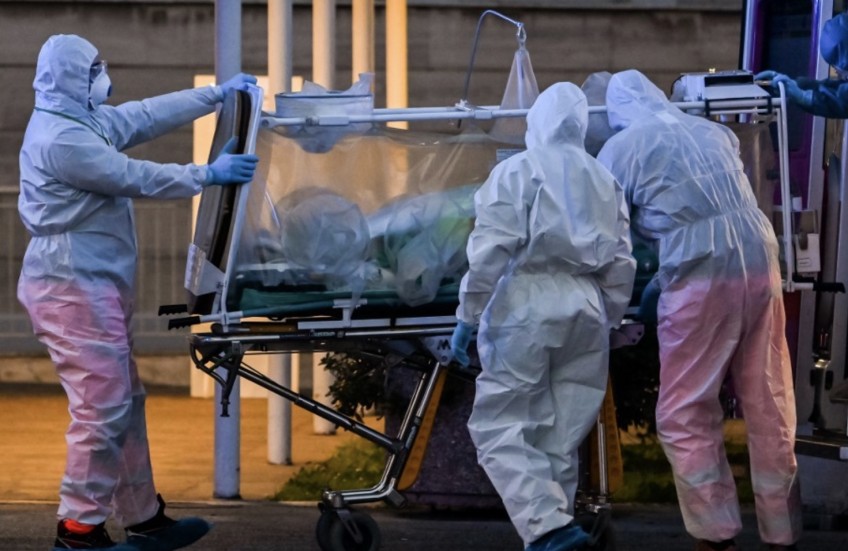Government - uncontrolled Covid-19 would "extract a high price for NZ."

The Ministry of Hoeaht has responded to forecasts that show a high level of New Zealand Covid-19 deaths if current controls don't work.
"A series of mathematical models warning of the consequences for the lack of early action to prevent the spread of COVID-19 reinforce the importance of the current lockdown and other government measures.
“The modelling shows that without the actions currently being taken, the uncontrolled spread of COVID-19 would exact a high price in New Zealand in terms of its impact on our health services, including our intensive care units, and deaths” says Dr Ashley Bloomfield.
The Ministry of Health today published a series of modelling - all looking at how a range of measures can help reduce the impact of COVID-19.
“The modelling was continually updated as more real world evidence could be incorporated and the impact of different interventions could be considered. What is consistent across all the models is that we had a stark choice – let the virus spread unchecked and see large numbers of New Zealanders get sick, our health system overrun and many people dying, or taking firm measures to save lives.
“All of the scenarios show an unacceptable level of deaths in New Zealand without strong action. We can see these scenarios playing out overseas already.
“Even with the sorts of strong measures we have in place to stamp out the virus the modelling is still predicting there could be a heavy toll on our health system and loss of life. That shows how seriously we need to take the virus, stick to the rules of the lockdown and maintain measures that reduce the risk of the virus entering the country.”
The modelling was considered alongside a range of other information to inform the Ministry of Health's advice to the Government on its response to the COVID-19 pandemic.
Other key information sources were the 16-24 Feb WHO joint mission to China the University of Auckland report, and the 18 March publication from Imperial College, London, (a WHO Collaborating Centre for Infectious Disease Modelling), which was particularly significant in informing the development of New Zealand’s Alert levels and the decision to move quickly from Alert level 3 to Alert level 4.
As COVID-19 was a rapidly evolving situation the Ministry asked for a range of scenarios to be prepared, including an appropriately informed worst-case scenario.
The reports have been completed by Wellington researchers from the University of Otago in collaboration with university colleagues from Germany. The models were revised based on feedback from peer reviewers, the Ministry of Health's Chief Science Advisor and public health officials.
“It’s critical to understand that each of the models presents a number of potential future scenarios, none of which are future predictions” says Dr Bloomfield.
Each model has its own degree of uncertainty determined by the assumptions required for any modelling work, and those assumptions are based on the best information available from overseas evidence at the time.
The key assumptions within these models are sourced from available literature and expert judgement.
"The key value of modelling like this is to assist with planning and decision making at an early stage – when prevention measures can have greater effect – and along with a range of other information, modelling can guide decision makers," Dr Bloomfield said.
Other international modelling studies are based on similar information but are specific to their country and stage of the epidemic.
New Zealand’s island nation status, low population density and limited mass public transport may all help reduce the impact here.
“There is broad support from the modelling that containing the spread of the disease is crucial to reduce and delay the impacts of the epidemic on human health and to allow health systems to prepare.
“The modelling and advice produced from it is in line with the international scientific consensus on COVID-19 and the sorts of responses most countries are now taking to fight the virus.
"The impact and effectiveness of the measures announced by the Government – our lockdown, closed border, internal travel restrictions, work closures, excellent hygiene practices, greater physical distancing and testing, contact tracing and isolation – all play a critical role in reducing the impact on the health and wellbeing of New Zealanders," Dr Bloomfield said.
Modelling reports: https://www.health.govt.nz/publication/covid-19-modelling-reports "
























